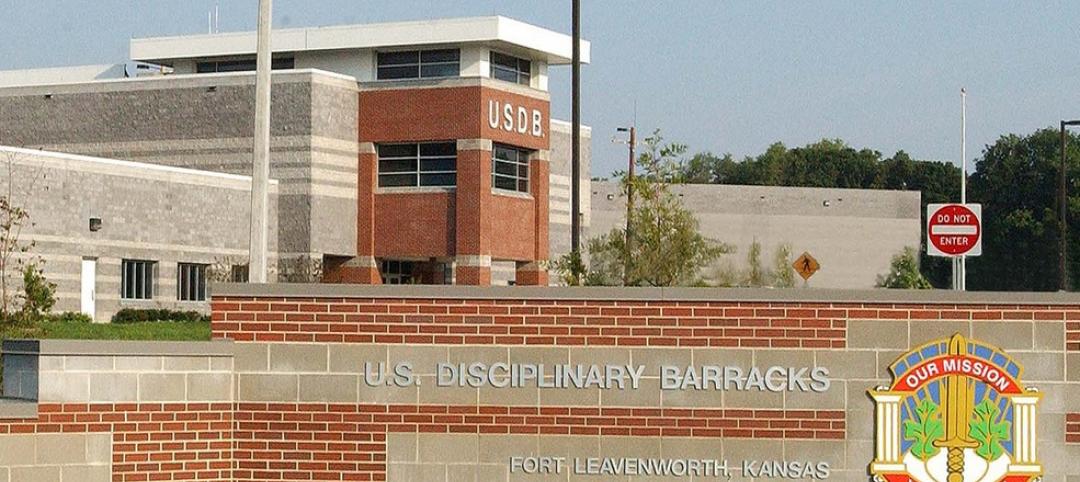Liberty Building Forensics Group, a building forensics firm warned building teams working on hotel projects to be on guard against moisture intrusion and mold.
Rigid adherence to brand standards in new hotel construction without factoring in specific regional and climatic conditions can result in significant mold and moisture issues, Liberty says. Global design standards typically do not take into consideration specific limitations of regional climates.
Regional violations in design standards have repeatedly resulted in extensive and costly mold and moisture problems in hotels, Liberty says. Hotel chains say their design standards are only guidelines, and that the designer or contractor on site is responsible for interpreting how to make adjustments for local climate. But brand standards are so specific and budget-driven that contractors typically adhere to them, even if they’re contrary to best climatic practices, Liberty says.
Liberty Vice President George DuBose says during the recent uptick in new hotel construction, his firm is seeing a recurrence of mold and moisture problems. “What we knew to work so well in the 1990s has been forgotten in today’s hotel design and construction,” Dubose says. “This poses a significant risk of new hotel failures that could mirror what we experienced in the 1980s and 1990s in warm, humid climates.”
Related Stories
| May 8, 2014
LED lighting helps cities receive Energy Star designation
Thanks largely to an ambitious program to boost the use of LED lighting in its buildings, Los Angeles is the top ranked U.S. city on the Environmental Protection Agency’s annual list of U.S. cities that are doing the most to improve energy efficiency.
| May 8, 2014
Door knob code revisions generating controversy
The City of Vancouver’s ban on doorknobs in all new buildings, which went into effect last month, has drawn a strong reaction from the public and heated debate across Canada as other jurisdictions consider the measure.
| May 8, 2014
Structural concrete code revisions open for public comments
The American Concrete Institute’s completely reorganized ACI 318-14, “Building Code Requirements for Structural Concrete and Commentary,” is open for public review for a 45-day period.
| May 3, 2014
Controversy rages over cost, benefits of proposed OSHA silica dust rule
Introduced in August 2013, the proposal would lower allowable levels of crystalline silica in all workplaces, standardize how the dust is calculated, and require medical monitoring for employees exposed to high levels.
| May 3, 2014
California’s Title 24 promises to reshape the construction industry
California’s recent revisions to Title 24 contain ambitious performance goals: all residential buildings must be Zero Net Energy by 2020 and commercial buildings must reach that standard by 2030.
| Apr 30, 2014
House Appropriations Committee approves $3 billion cut for military construction
The Army would see the sharpest cuts on a percentage basis, with a $578 million, or 52% reduction in FY 2015.
| Apr 30, 2014
GSA wants to trade D.C. office building for construction and development services
The GSA has issued an RFQ seeking developers who can provide construction and development services in exchange for the GSA Regional Office Building and Cotton Annex located in Southwest Washington, D.C.
| Apr 30, 2014
Mexico City spending big on green roofs to fight air pollution
Although green roofs have been widely adopted in urban areas to reduce the heat island effect and stormwater runoff, Mexico City is hoping that vegetative rooftops can also reduce the city’s air pollution.
| Apr 23, 2014
California bill would make employers responsible for subcontractors' wages, workers' comp
Under the recently revised Assembly Bill 1897, employers would have to pay wages, taxes, and workers compensation on behalf of a subcontractor’s workers if the subcontractor reneges on that responsibility.
| Apr 23, 2014
Obama’s 2015 budget includes $1.7 billion to GSA for building construction, renovations
The Obama Administration has proposed $1.7 billion for construction, renovation, and repairs to federal buildings in fiscal year 2015 under the auspices of the U.S. General Services Administration.












